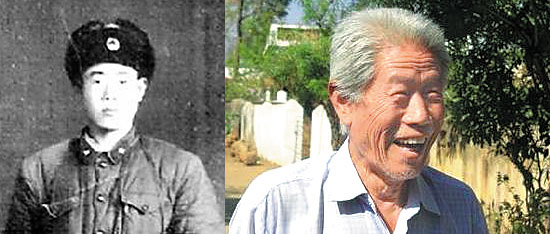Surgeon performs country’s first heart operation on AIDS patient
An AIDS patient suffering from a serious heart condition has undergone a successful surgery in Shanghai-the first of its kind in the country-and is about to be released from the hospital next week.
According to the Shanghai Public Health Clinical Center, the HIV-positive patient, identified as Mr Zhou, had been in critical condition due to a problem with a heart valve, and underwent the surgery at the center last month.
“It was China’s first successful heart surgery on an HIV-positive patient,” said Lu Hongzhou, the center’s Party chief and an expert of HIV/AIDS.
The news has somewhat encouraged the HIV/AIDS community in China, where HIV-positive patients are always rejected for a surgery because of medical workers’ worries of exposure to the virus.
“It’s definitely encouraging,” said a web user called Houde Zaixing. “When an HIV-positive person could be taken in by a top hospital for a surgery as a regular patient, I see some hope in this country.”
China has an estimated 650,000 people living with HIV or AIDS. A plan released earlier this week by the State Council for prevention and treatment of the disease sets the goal that by 2020, 90 percent of the people with HIV or AIDS should be detected and 90 percent of those diagnosed should be receiving treatment.
Zhou, 58, started developing chest pain in late 2016. The symptoms worsened at night, along with shortness of breath, and he later started to cough blood.
A CT scan found he had calcification of an artery and doctors determined that surgery was the only way to correct it.
To ensure a smooth procedure, the Shanghai Public Health Clinical Center organized a team of 40 workers from departments such as infectious disease, chest surgery, anesthesiology and medical care to give the patient round-the-clock intensive care.
On Jan 6, professor Sun Xiaoning from Zhongshan Hospital under Fudan University in Shanghai performed the surgery at the center’s invitation. The patient’s conditions started to stabilize after supportive treatments and anti-infection therapy for HIV/AIDS.
“There is an occupational risk when operating on HIV-positive patients,” Sun said. “But our team was not afraid because of the full awareness of the disease, and it’s a medical worker’s obligation to give patients a new life.”
Zhu Tongyu, a director of the center, said that for seven years his organization has offered a one-stop service for patients with HIV or AIDS, and AIDS patients can receive treatments including general surgery, orthopedics, urology, ophthalmology, oncology and gynecology, and obstetrics.

